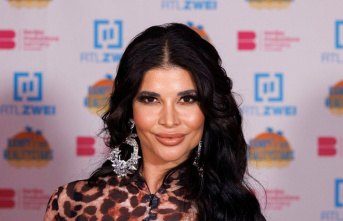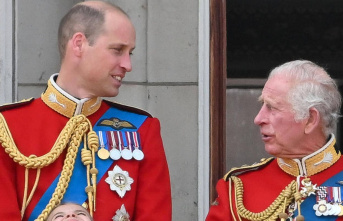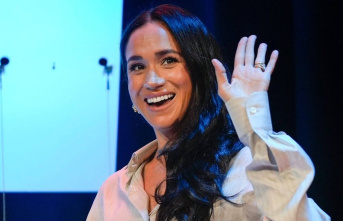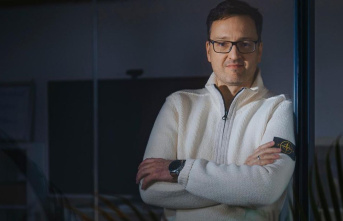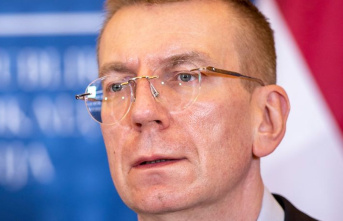Commissario Guido Brunetti from the hit Venice crime series may have been eternally young for 30 years, but his creator Donna Leon can sing a ditty about getting older.
"At some point we are confronted with the reality that we are suddenly living in the body of an old person," she wrote about her life in a book of stories. Hard to believe, but the wiry author turns 80 (September 28). However, she has nothing to do with partying. "I'm actually not a very sociable person," she told the German Press Agency.
Instead of falling into melancholy, she prefers to etch the little ailments of old age with her usual sharp sense of humour. In the most recent Brunetti ("Charities"), for example: A man thirsts "at an age when work stops and everything begins to deteriorate: family, teeth, friendships, eyes, knees - for the elixir of eternal youth, which is just a euphemism was for sex with a much younger woman."
Leon doesn't want eternal youth, but a good life. Her prescription: omega 3, vitamin D and physical activity. That didn't grow on her own crap, but the result of a study on healthy aging in Zurich, in which she takes part. "I want to be healthy as long as I live," she says. "If I can do something so simple that seems to help, then I'll do it."
The thriller for high demands
The native American created the crime thriller for high demands with the cultivated Brunetti and his clever wife Paola. The inspector, who reads classics in their original language, and the professor of English literature, profound conversations always ensue. "I'm less interested in the 'who' than in the 'why' of a crime novel," says Leon. "I want to know what drove someone to do something." She traces human errors, social constraints and political machinations and draws such delicate portraits of the protagonists that the question sometimes remains unanswered: was there a crime? a killer?
With the successful series, however, she brought a new wave of tourists to Venice, which was already overcrowded, and eagerly sought out places to follow in Brunetti's footsteps. The irony: it was precisely the hordes of tourists that made Leon flee Venice after more than 20 years. She has been living in a small village in Switzerland, near the Italian border, for many years now and now has a Swiss passport. She only visits Venice.
The Brunetti fans caused so much concern for the Venice police that they asked Leon for help. Just in front of the Questura, the police headquarters where the fictitious Brunetti also works, they cavort and take photos. You will now receive a letter in your hand. Brunetti, Elettra and everyone else are on a training course and not in Venice, it says, but you can see, for example, the docking station of the police boat or the canal. "Thank you for your enthusiasm for the Questura, and I hope you enjoy future books. Yours sincerely, Donna Leon."
Leon has no signs of fatigue
There's no question that the series will continue, because Leon doesn't feel any signs of fatigue: "It's such fun to write the books," she says. "I would also like to find out a lot more about Brunetti myself. And that's only possible if I keep writing."
Leon is a literary scholar. She grew up in New Jersey on the US East Coast with two Irish grandmothers and one grandfather each from Spain and Nuremberg. She calls it "a typical American mutt." She has never discovered German traits in herself. After her studies, she taught English in Saudi Arabia and Iran before finding a new home in Italy.
Her great passion is baroque music. In 2012, Leon helped found the baroque ensemble Il Pomo d'Oro. She sponsors it generously, attends many performances and has co-financed numerous award-winning sound recordings. "If I had to choose between writing books and promoting music, the thing would be clear: the music," said Leon, who doesn't play an instrument herself. "Because music brings greater joy. Music is an emotional thing, while books are an intellectual thing." She's not particularly proud of her books, she says, but very proud of the orchestra's recordings. "This will continue to exist when I'm gone."




